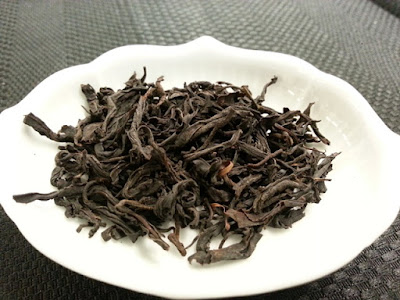On December 19th we took a multi-sensory tour of Georgian tea and culture, lead by Cinnabar Wright (Phoenix Tea).
The event began with an explanation of the history of tea in Georgia and a viewing of Caucasus Tea.
Georgia began producing tea in the early 19th century. Originally, the leaves were hand-plucked and hand-crafted, resulting in a high quality tea that went so far as to win the gold medal at the Paris World Expo. After Georgia became a Republic in the Soviet Union, and was the found to be the only region suitable for tea growing, it became one of the sole producers of tea for the other Republics. Mechanization was introduced, bringing about a sharp increase in production, with a sharp downturn in quality. Fortunately, the art of hand-crafted tea was not lost. After the tea processing plants shut down, workers would take home tea leaves from the plants in the fields to make hand-crafted tea for their families. Since the fall of the Soviet Union, hand-crafted teas continued to be produced and have once again become available to the world market. While Georgian teas are produced in small batches from small farms and can be a rare find, shops like Perennial Tea Room and Phoenix Tea do carry them.
While we listened to traditional Georgian polyphonic singing, Cinnabar shared a gorgeous example of teaware that might be used in Georgia, with handle-less teacups closely resembling bowls. This particular tea set was made by the Uzbek Porcelain Factory of Uzbekistan for the 1980 Moscow Olympics. Also on display was a Qama, the short sword worn by Georgian men when in traditional attire.
To accompany the teas we would be tasting, we were introduced to the traditional Georgian churchkhela, a mellow-flavored treat made with grapes and nuts and produced in a similar fashion to candle dipping. The flavors were white grape with hazelnut and red grape with almond and coconut.
The first tea we were introduced to was Natela's Gold Standard, a tea handmade by one woman in her home, with an apricot aroma and a mild caramel finish.











No comments:
Post a Comment